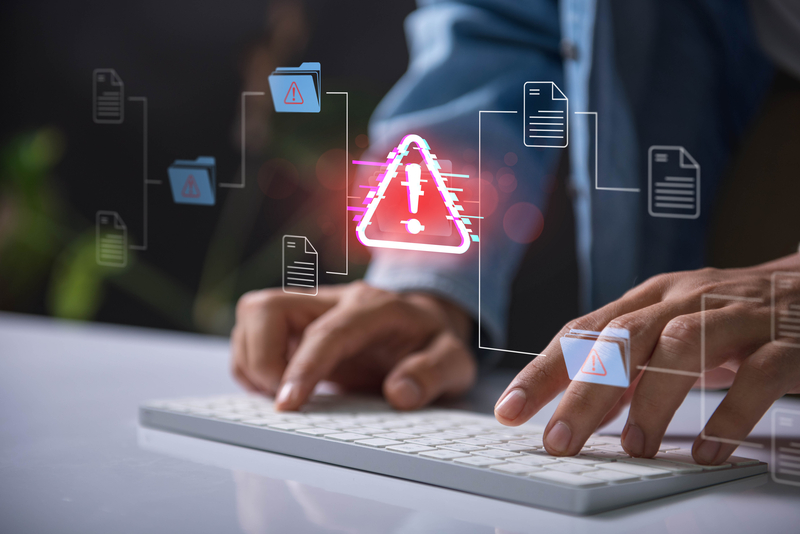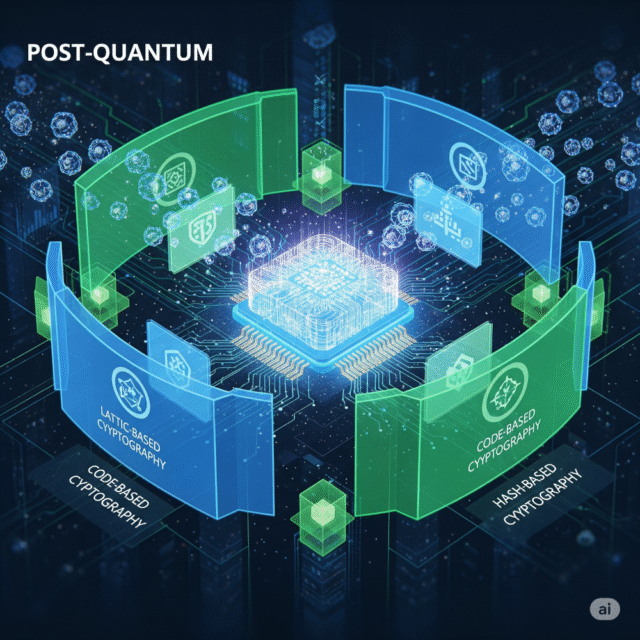
Insider breaches hit 61 percent of enterprises
A new study sponsored by OPSWAT, a specialist in critical infrastructure protection, reveals that organizations face escalating risks from insider activity, legacy tools, and the growing complexity of artificial intelligence (AI).
Based on research carried out by the Ponemon Institute, the report finds that in the past two years, 61 percent of organizations have suffered file-related breaches caused by negligent or malicious insiders, at an average cost of $2.7 million per incident.

How AI agents are reshaping the threat landscape
The agentic AI ecosystem, powered by large language models (LLMs), is creating a new class of cybersecurity risks according to a new report.
The study from Radware finds AI agents can act autonomously, access tools and private resources, and interoperate between one another. As enterprises turn to AI agents, there is a need to govern and secure this new emerging layer of digital infrastructure.

Enterprises left dangerously exposed by identity protection ‘maturity myth’
New research from Osterman and Silverfort reveals that although nearly 70 percent of organizations believe their identity defenses are ‘mature’ there is a worrying gap between perception and reality.
This comes against a rising tide of identity threats, 72.1 percent of identity leaders report that the threat level of identity-related attacks has increased or remained unchanged in the past year. The most significant jumps include AI-powered attacks, ransomware-based attacks, and social engineering of desk staff to reset credentials or MFA factors (up 14.3 percent).

Windows 10 support costs could top $7 billion
With support for Windows 10 due to end on October 14th, it’s estimated that there will still be over 120 million PCs running the OS still in use by the deadline.
New analysis from Nexthink warns that with the first year of extended support costing $61 per device, organizations could collectively be facing a multi-billion dollar bill.

Securing Kubernetes in the enterprise [Q&A]
As more organizations scale up containerized workloads they’re also facing increasing security and compliance challenges.
Kim McMahon part of the leadership team at Sidero Labs to discuss the vulnerabilities enterprises are encountering when scaling up Kubernetes on traditional operating systems and what they can do to counter them.

Maximizing value from Microsoft 365 [Q&A]
Many organizations have now adopted Microsoft 365 as a central part of their office service provision. But are they getting the most out of the software that they’re paying for?
We spoke to Vadim Vladimirskiy, CEO of Nerdio, about how businesses can use more than just the big services and why it’s important to understand sizing and bolt-ons in order to extract maximum value from their M365 investment.

Automated red-teaming helps protect enterprise AI
Artificial intelligence is being used to streamline many business tasks, but at the same time it opens up new attack vectors and risks.
Secure AI specialist WitnessAI is announcing two new products aimed at securing enterprise LLMs and AI applications through automated red-teaming and behavioral runtime protection.

Enterprises spend 11 hours on resolving each security alert
On average, enterprises spend 11 hours of employee time investigating and remediating a single critical identity-related security alert.
A new study from Enterprise Strategy Group, of 370 IT and cybersecurity decision makers, shows this affects the capacity of security teams to manage alert volume, and this is only made worse in the age of AI.

Enterprises struggle with too many identity tools
With identity security growing more complex a new report shows that of 70 percent of enterprises recognize the need to consolidate their identity security tool stack.
The study by Enterprise Strategy Group for Silverfort finds that while 70 percent of teams plan to expand their use of an existing tool to cover a new use case in the next 12-18 months, 62 percent of organizations plan to implement a new tool to satisfy a use case, hinting that current solutions may not be adequate to satisfy evolving priorities.

Why browser security is increasingly essential for the enterprise [Q&A]
As enterprises embrace hybrid work, SaaS applications, and AI tools at unprecedented scale, one critical access point is being increasingly targeted by attackers: the browser.
To better understand the risks and what can be done to secure the browser, we spoke with Alon Levin, vice president of product management at Seraphic Security, and an expert in enterprise browser security.

The rise of vishing and why enterprises need to be ready [Q&A]
Vishing (voice phishing) attacks have surged by over 1,600 percent so far this year, partly driven by a rise in AI-driven deepfake voice scams.
This is yet another way cybercriminals are seeking to impersonate those with access to company systems to disrupt organizations and hold data for ransom. We spoke to Anthony Cusimano, solutions director at Object First, to discover more about this trend and how businesses are at risk.

Hackers weaponize GenAI to boost cyberattacks
Adversaries are weaponizing GenAI to scale operations and accelerate cyberattacks -- as well as increasingly targeting the autonomous AI agents reshaping enterprise operations. This is among the findings of CrowdStrike’s 2025 Threat Hunting Report.
The report reveals how threat actors are targeting tools used to build AI agents -- gaining access, stealing credentials, and deploying malware -- a clear sign that autonomous systems and machine identities have become a key part of the enterprise attack surface.

Companies pay multiple ransoms as attackers step up threat levels
A new report from Semperis, based on a study of almost 1,500 organizations globally, shows that hackers are stepping up threat levels and ransomware is still a global epidemic.
In 40 percent of attacks threat actors threatened to physically harm executives at organizations that declined to pay a ransom demand. US-based companies experienced physical threats 46 percent of the time, while 44 percent of German firms experienced similar forms of intimidation.

Almost half of enterprises not prepared for quantum threats
A new report looks at the state of post-quantum cryptography (PQC) from the perspective of
cybersecurity professionals, finding that 48 percent of organizations aren’t prepared to confront the urgent challenges posed by quantum computing.
The report from Keyfactor, based on a survey of 450 cybersecurity leaders across North America and Europe carried out by Wakefield Research, finds mid-sized organizations are particularly vulnerable, with 56 percent saying they are not ready.

Navigating the hidden dangers in agentic AI systems [Q&A]
According to Gartner 33 percent of enterprise applications are expected to incorporate agentic AI by 2028, but are their security teams equipped with the latest training and technology to protect this new attack surface?
We spoke with Ante Gojsalić, CTO and co-founder at SplxAI to uncover the hidden dangers in agentic AI systems and what enterprises can do to stay ahead of the malicious looking to exploit them.
